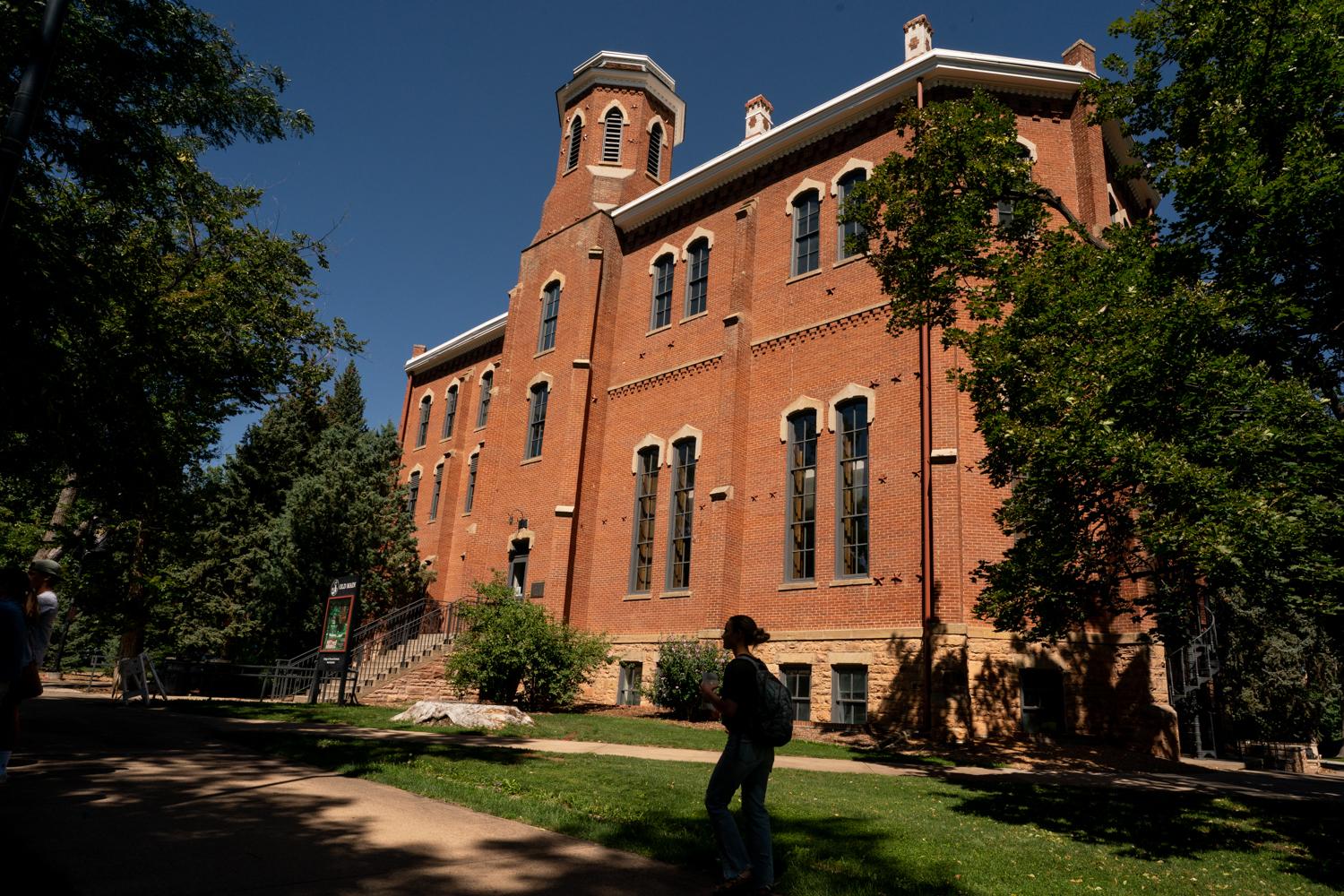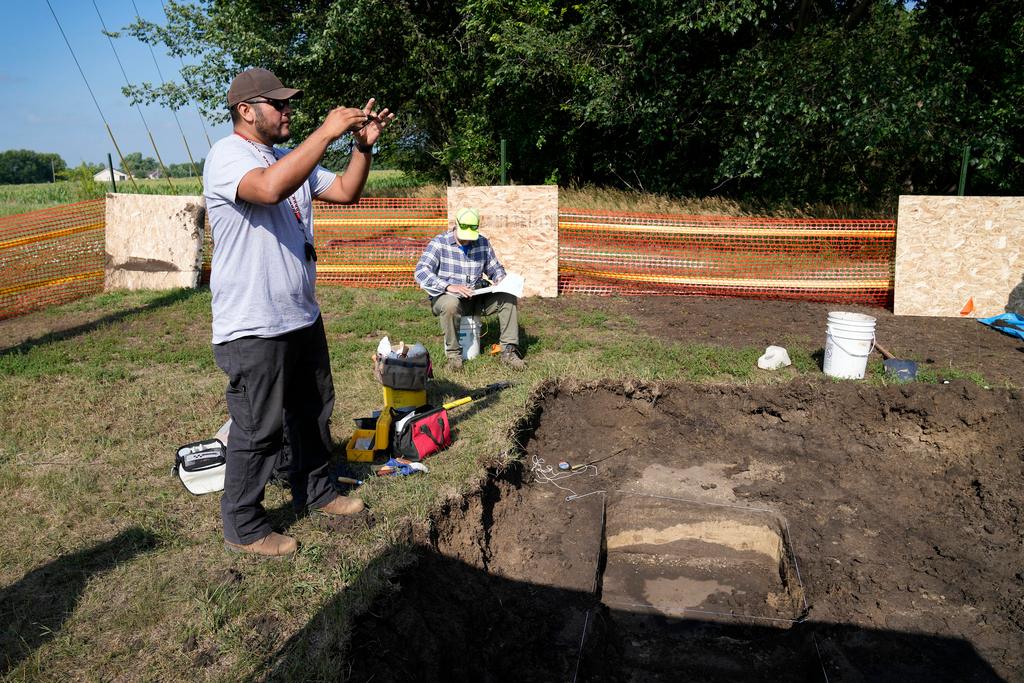
Faculty and students are pushing back against proposed changes to the University of Colorado’s freedom of expression policy. They argue the changes amount to “breathtakingly broad” new restrictions on freedom of speech. They say the proposal is at odds with the university’s protections on academic freedom and instead threaten to chill speech.
Currently, the university’s policy states that when university faculty speak or write in their personal capacities, not as part of their university employment, they must make every effort to indicate that their expression is their own and doesn’t represent the opinion or position of the university. The proposed amendment addresses communication on digital spaces controlled by campuses.
“When writing as citizens on matters of political, academic, artistic, or social concern, alone or as a group, within digital spaces controlled by the campus, university faculty must include a disclaimer clarifying that the work does not represent the opinion, belief, or position of the university,” it states.
At Thursday’s board of regents meeting, regent Mark VanDriel who was expected to present the proposal for discussion and action, said he was asked to hold the matter over until another meeting “because of some new personnel who might want to weigh in on some of these changes.”
A university official said VanDriel was referencing new CU Boulder Chancellor Justin Schwartz.
The ACLU Colorado sent a letter to the regents Wednesday stating that the proposed amendments “raise grave constitutional concerns and will chill members of the CU community from speaking their minds and sharing their views.”
Faculty with the University of Colorado Law school also sent a resolution to the board arguing that the mandatory “disclaimer” is a form of compelled speech that would be imposed on private citizen speech. The resolution called it “unwise and counterproductive” to make people guess in every instance whether they are speaking as employees or as citizens each time they “write in a digital space controlled by campus.”
Alastair Norcross, chair of the Faculty Council at the University of Colorado Boulder, told regents he has been “inundated” with concerns from faculty.
“They worried about vagueness, they worried about ambiguity, they worried about the scope of the proposed changes,” he said.
Faculty say they are uncertain what they must do each time they are on CU websites, zoom rooms, in email correspondence and or social media accounts accessed through university servers.
Julie Carr, chair of Women and Gender Studies at CU Boulder and a professor in the Department of English, asked whether instructors must make disclaimers every time they teach online or during Zoom office hours.
As a poet, if she gives a public reading on a Zoom platform controlled by the university, “Do I have to make that disclaimer at the beginning of my reading? And before every poem, before every line, how often do I have to make this disclaimer?”
The proposal would apply to students as well. In a resolution sent to regents, members of the Student Bar Association at the University of Colorado Law School said all their communications and school work occur on campus digital spaces.
“With this proposal in effect, we would not be able to write about the weather (implicates climate change — political and social concern) or our dissatisfaction with a class grading method (academic concern). We would not be able to promote the beautiful venue of our next Barristers’ Ball (artistic concern).”
Any regent can bring up the matter at another time.









